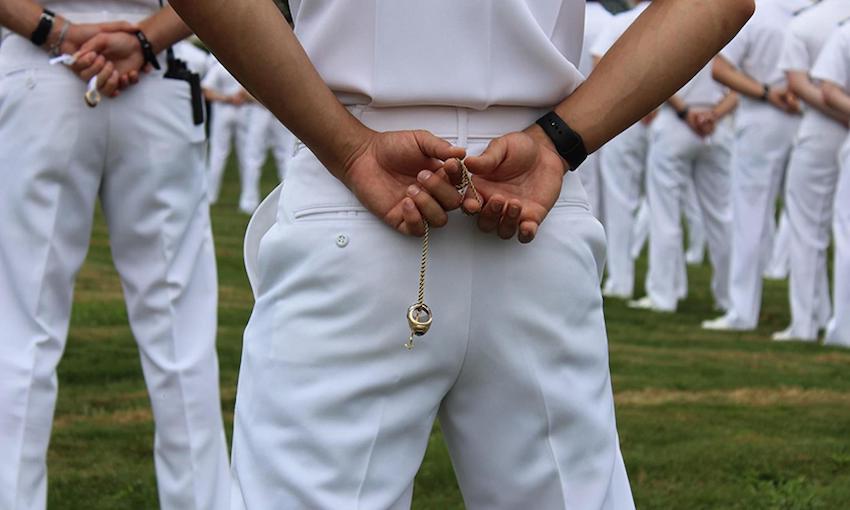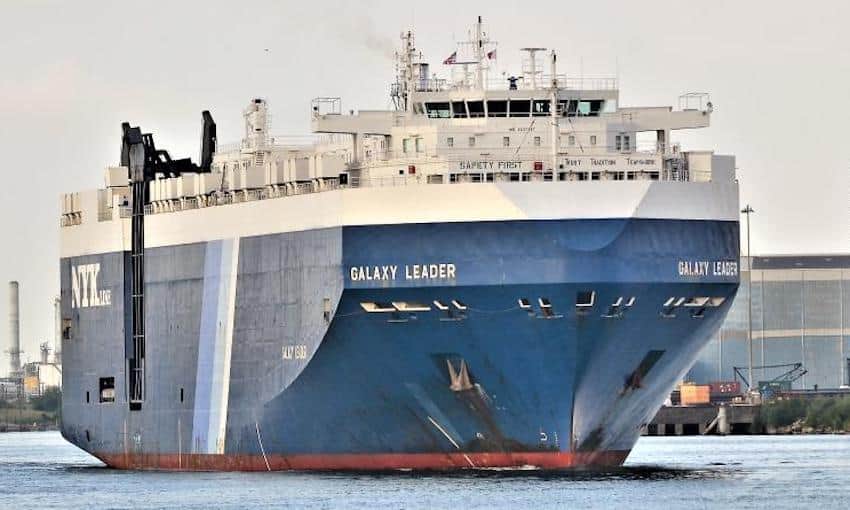SEAFARERS unions are calling on employers to ensure safe workplace policies “are actually being followed” in light of a lawsuit brought against Maersk Line by cadet Hope Hicks.
Ms Hicks recently identified herself as “Midshipman X”, the anonymous cadet who said she had been sexually assaulted while on board Maersk’s Alliance Fairfax in 2019.
Last year, Ms Hicks anonymously published an account of her assault. This month, she filed a lawsuit against the shipping company for allegedly failing to protect her from rape.
In light of the recent development, the International Transport Workers’ Federation has called for practical change to occur before more seafarers are driven away from an industry already facing crew shortages.
In an address to the graduating class of the Massachusetts Maritime Academy on 18 June, A.P. Moller Holding CEO Robert Uggla acknowledged the need for cultural change in the industry and in the company.
“I am ashamed to say that sexual assault, sexual harassment, discrimination and bullying occur in our industry – and regretfully also in our own company. This needs to change.”
David Heindel, chair of the ITF Seafarers’ Section, said Maersk Line had “acknowledged that they, like much of the industry, have a problem with the way women are treated”.
“It is encouraging that Maersk has begun to take the practical steps necessary to ensure their vessels, our members’ workplaces, will be free from the kinds of unacceptable gender-based harassment and violence that these women were subjected to,” he said.
Mr Heindel noted most employers in the sector already have sufficient protections for crew in their policies and guidelines, but the policies are not always actioned in the real world.
“It is time for industry and mariners to ‘walk the talk’ and ensure that those policies are put into practice every single day of the year. It only takes a few bystanders for horrors like these to take place.”
ITF Seafarers’ Section women’s representative Lena Dyring said the industry’s problem with the treatment of women is much larger than what has occurred within Maersk.
“As we have previously said, this is not an isolated incident, but instead it is the reality for many seafarers, both male and female, regardless of flag or company,” Ms Dyring said.
“Shipping has a broken culture that all parts of the sector have responsibilities towards addressing.”
Ms Dyring said the industry already has a critical workforce shortage, and it will not attract and retain women if the issues are not taken seriously and properly addressed.
“Responsible employers and unions cannot change this situation alone. Governments have a clear role in using their legislative and regulatory tools to give effect to the rights of seafarers to safe workplaces.”





